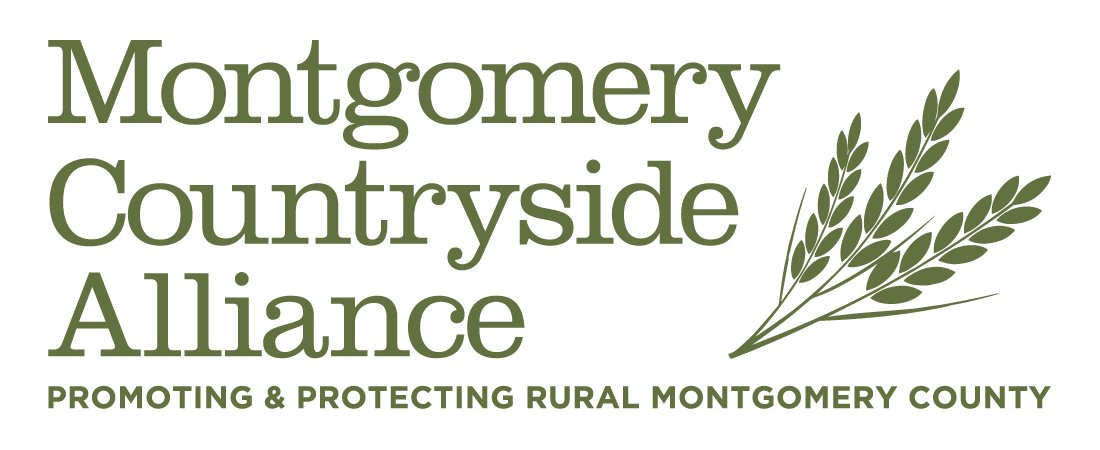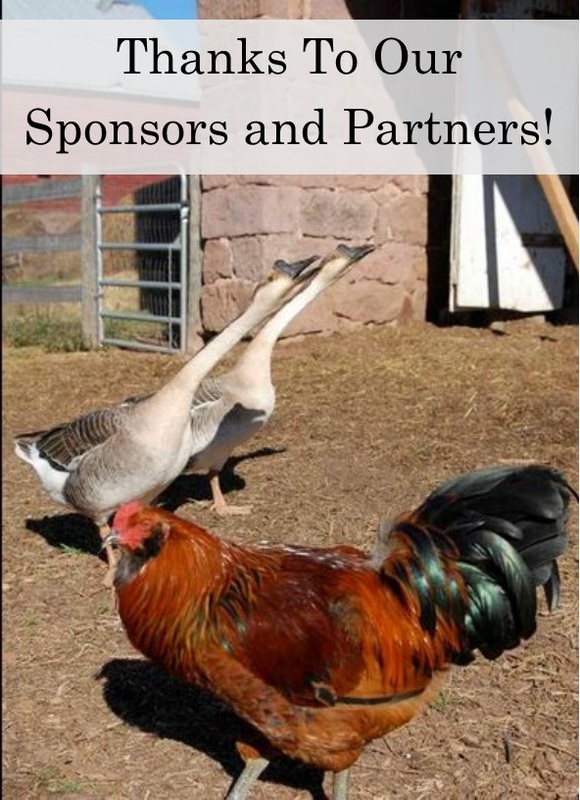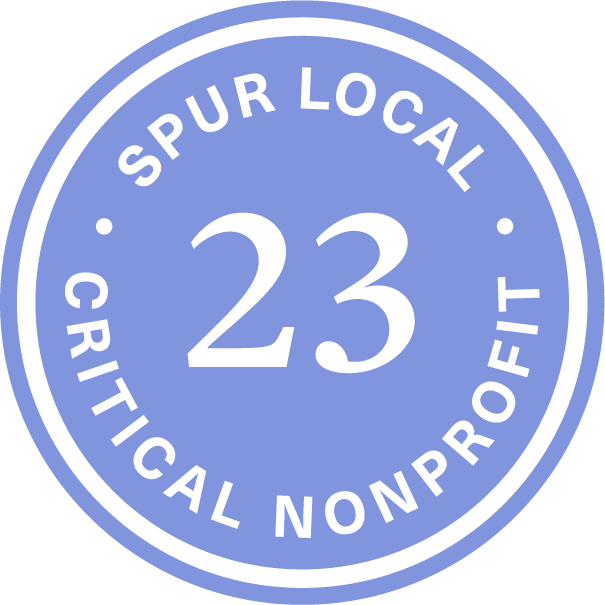How to Approach Grassroots Advocacy

How to Approach Grassroots AdvocacyIs there an environmental issue that you wish to affect? Need help getting started? The following information is presented to guide you through the process of community grassroots advocacy. It considers the logistical steps to defining your message, gaining supporters, spreading the word, contacting your legislators, and impacting change.
1. Define your message. Establish a clear message around which to build your campaign. Try to be concise and compelling. Highlight the problem, possible solutions, and incentives for others to get involved.
Message Development
2. Networking: A multi-faceted approach. Where legislative decisions are involved, there is strength in numbers. Spread your message using diverse methods for broader community support. Send your message via blast emails, post on bulletin boards and in public spaces, install in community newsletters, and actively reach out to different community groups with vested interests in the issue. The Seattle Audubon Society provides helpful advice in the link below.
Grassroots Organizing
3. Writing to your Legislator. Contacting your local legislators is an essential step both for educating decision makers on the issue and communicating constituent concerns.
How to Write a Strong Letter
4. Additional Lobbying Techniques. In addition to writing letters, the following techniques will further advance your advocacy. Consider delivering your message through a call to their office, a face-to-face meeting with the legislator or their staff, sending an invitation to a town meeting, and testifying at a public hearing.
Effective Lobbying Methods
Giving Effective Public Testimony at MoCo Planning Board
Find Your State Legislators
Maryland Residents
Virginia Residents
County- Level Contacts
Montgomery County, County Council
Frederick County, Board of Commissioners
5. Using the Media. Engaging local media outlets can deliver your message to a broader audience, further educating community members and decision makers alike. Submitting an op-ed piece, writing a letter-to-the-editor (LTE) and contacting staff writers with issue-related material are all effective strategies.
How to Write Op-Eds and LTEs
Working with the Media
6. Reviewing Development Proposals. The Montgomery Country Planning Department provides this very helpful guide to researching development plans and participating in the development reviewing process.
Reviewing Development Applications
7. Farmland Preservation for Legislators. American Farmland Trust provides the following overview of effective programs and techniques used by state and local governments to protect farmland.
Farmland Protection Techniques
1. Define your message. Establish a clear message around which to build your campaign. Try to be concise and compelling. Highlight the problem, possible solutions, and incentives for others to get involved.
Message Development
2. Networking: A multi-faceted approach. Where legislative decisions are involved, there is strength in numbers. Spread your message using diverse methods for broader community support. Send your message via blast emails, post on bulletin boards and in public spaces, install in community newsletters, and actively reach out to different community groups with vested interests in the issue. The Seattle Audubon Society provides helpful advice in the link below.
Grassroots Organizing
3. Writing to your Legislator. Contacting your local legislators is an essential step both for educating decision makers on the issue and communicating constituent concerns.
How to Write a Strong Letter
4. Additional Lobbying Techniques. In addition to writing letters, the following techniques will further advance your advocacy. Consider delivering your message through a call to their office, a face-to-face meeting with the legislator or their staff, sending an invitation to a town meeting, and testifying at a public hearing.
Effective Lobbying Methods
Giving Effective Public Testimony at MoCo Planning Board
Find Your State Legislators
Maryland Residents
Virginia Residents
County- Level Contacts
Montgomery County, County Council
Frederick County, Board of Commissioners
5. Using the Media. Engaging local media outlets can deliver your message to a broader audience, further educating community members and decision makers alike. Submitting an op-ed piece, writing a letter-to-the-editor (LTE) and contacting staff writers with issue-related material are all effective strategies.
How to Write Op-Eds and LTEs
Working with the Media
6. Reviewing Development Proposals. The Montgomery Country Planning Department provides this very helpful guide to researching development plans and participating in the development reviewing process.
Reviewing Development Applications
7. Farmland Preservation for Legislators. American Farmland Trust provides the following overview of effective programs and techniques used by state and local governments to protect farmland.
Farmland Protection Techniques





